How To Reduce Pregnancy Miscarriage In Cows
Date: 07/24/2020 08:39:22 From: feed-pellet-plant.com Clicks:
Raising cattle should also pay attention to reproduction. Breeding calves is the continued breeding resource after the big cattle are sold. Therefore, calves are selected every year, and the number of calves produced by cows is not large, so every year there are many cows to produce calves to maintain the breeding number. Sometimes a cow may have a miscarriage during pregnancy, which will make the cow's health bad, unfavorable for subsequent reproduction, and may even be sterile. Therefore, it is necessary to prevent miscarriage when a cow is pregnant.
Pregnancy Diagnosis
Implementing a pregnancy diagnosis method is key for making sound managerial decisions regarding open females. However, some pregnancy diagnosis methods carry more risk than others regarding early pregnancy loss. Currently, there are 3 options available for pregnancy diagnosis: transrectal palpation, transrectal ultrasound, and a blood test. Obviously, a blood test is the least invasive method but results are not immediate and that may not be practical for producers wanting to sort females on pregnancy check day. Transrectal palpation and transrectal ultrasound allow for immediate results but pose a greater risk for early pregnancy loss and can vary greatly based on stage of pregnancy and skill of the technician. Additional research conducted at Colorado State University found that transrectal palpation between days 42 - 74 had greater fetal losses (2.68 vs 1.38%) than transrectal ultrasound, and that heifers evaluated by inexperienced technicians had greater fetal losses than those evaluated by experienced technicians (2.07 vs 1.06%). It was also found that heifers evaluated prior to 53 days had nearly a 3 fold increase in pregnancy loss than those evaluated after 53 days of pregnancy (3.46 vs 1.26%). While an experienced technician can determine pregnancy by transrectal ultrasound as early as 25 – 30 days or by transrectal palpation by 35 – 45 days, pregnancy diagnosis prior to 40-50 days of pregnancy carries an increased risk of disturbing those fragile early stages of development.
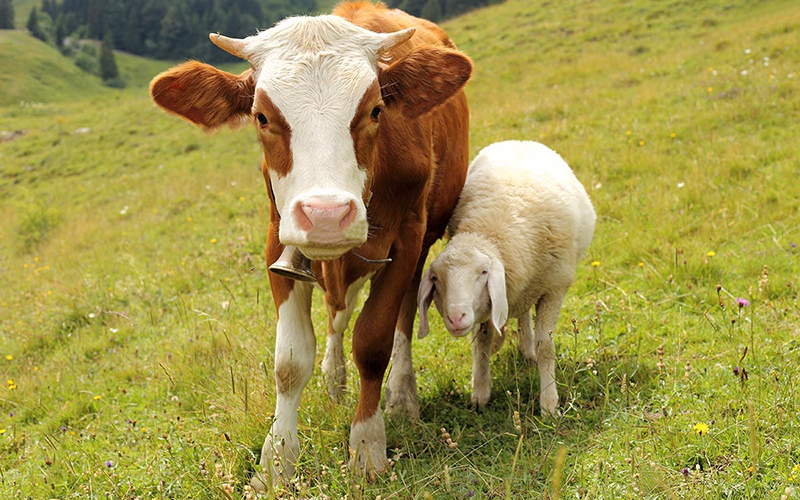
How To Reduce Pregnancy Miscarriage In Cows
Transportation Stress
Transporting cows to summer pasture oftentimes coincides with the breeding season. Especially, if cows or heifers are artificially inseminated and need to be near working facilities during that time. It is important to plan transportation, or other stressors, strategically to prevent early pregnancy loss and reducing overall pregnancy rates.
Research conducted at Colorado State University has found that transporting cattle between days 5 and 42 post insemination can result in a 10% reduction in pregnancy loss. This window of time is crucial for blastocyst formation, maternal recognition of pregnancy, and adhesion to the uterine wall. When cattle are loaded into a trailer and transported to a new place, they may become stressed and release a cascade of hormones that can alter the uterine environment making it less ideal for supporting a pregnancy. Prior to day 5, the embryo is still in the oviduct and protected from changes in the uterine environment. After day 42, the embryo has implanted into the uterine wall and is less susceptible to changes in environment. While transporting on days 5 to 42 pose the greatest risk, waiting to haul cows and heifers until a week or two after day 42 may help prevent late embryonic loss. Ultimately, stress during those critical time points may disturb important early embryonic processes and lead to embryonic mortality and increased pregnancy loss.
Some general guidelines for when to transport pregnant cows and heifers post breeding:
Recommended time to haul: Days 1 - 4 or after day 60
Risk of pregnancy loss: Days 5 - 55 or 60
Nutrition at Breeding
It is well established that deficiencies in protein and energy at breeding time has detrimental effects on fertility. Traditionally, it is recommended that cows should be at a BCS of 5 and 1st calf heifers should be at a BCS of 6 at calving for optimal reproductive performance. Managing cows and heifers to be on a positive plane of nutrition at the time of breeding is essential for the establishment of pregnancy. Studies at University of Nebraska have found that thin cows, that are on an increasing plane of nutrition and gaining weight, can have equivalent pregnancy rates as cows in moderate condition that are maintaining their body weight at breeding. However, thin cows that are determined to be losing condition can have a reduction in pregnancy rates up to 30% which may be a result of embryonic loss or anestrous at the time of breeding. Having a sound nutritional program is key to optimizing reproductive function during the breeding season.
Heat Stress
Another key to minimizing pregnancy loss when transportation is necessary, is to avoid hauling cows on excessively hot days (approximately 90° - 110° and 40% humidity or more). Research conducted at Oklahoma State University found that cows exposed to heat stress 8 – 16 days after breeding, had decreased progesterone concentration, increased prostaglandin concentrations, and reduced embryonic weights. A 2 - 2.5 degree increase in rectal temperature (representative measurement of body temperature) for as little as 9 hours has been found to reduce embryo development. Planning to haul cows on days with more moderate temperatures can help reduce stress on heifers and cows and ultimately prevent early pregnancy loss.
The best way for cows to keep up with their nutrition during pregnancy is to feed pellets because they are more balanced in nutrition. Feed pellets are generally produced by feed pellet machines. Powerful ranches can also purchase their own cattle feed pellet machine or cattle feed pellet production line to produce pellet feed. We are a well-known feed pellet machine manufacturer in China, welcome to consult!
The above is the article for you: How To Reduce Pregnancy Miscarriage In Cows. If you are interested in our products or project solutions, please contact us. We will give you the best product quality and the best price. Email: enquiry@pellet-richi.com
Related Product
Production Line Equipment
related News
Here you can submit any questions and we will get back to you as soon as possible. We will not disclose the information you submit to anyone, please rest assured.
Copyright© 2022 Richi Machinery. All rights reserved. Site Map


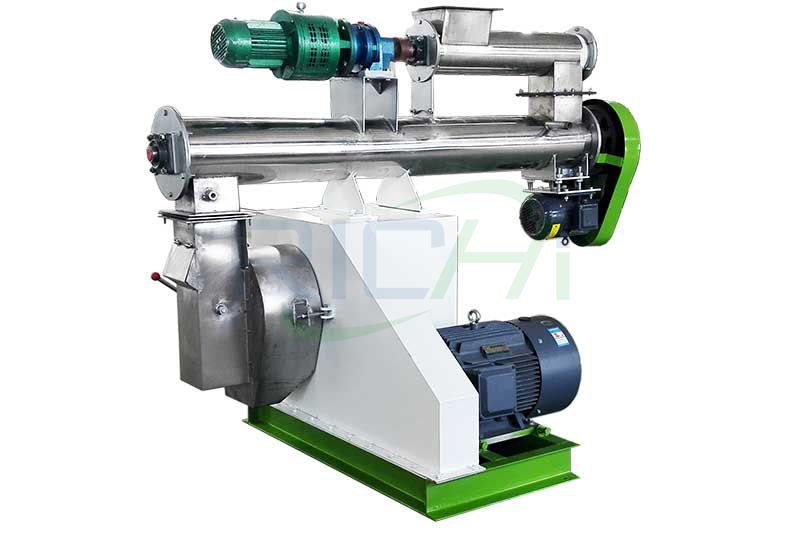
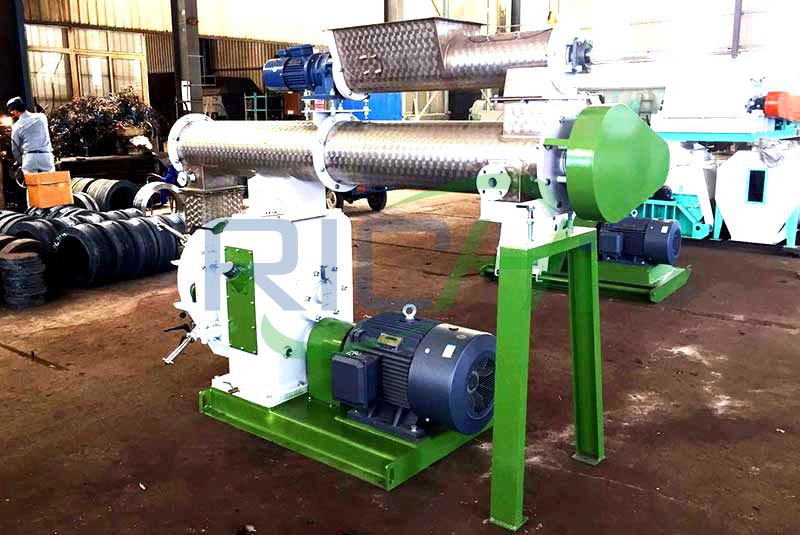
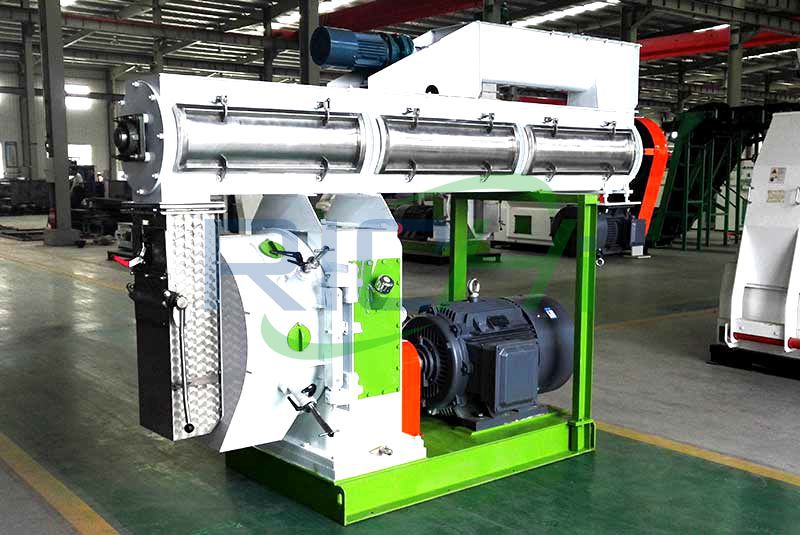
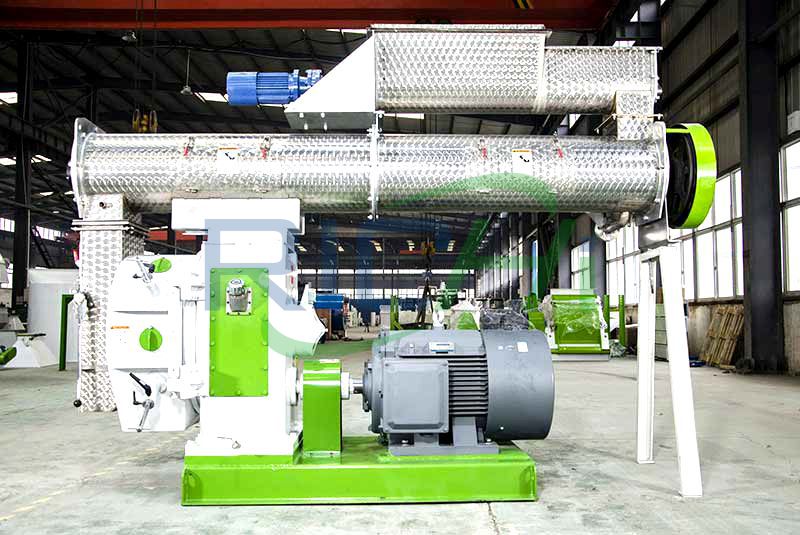
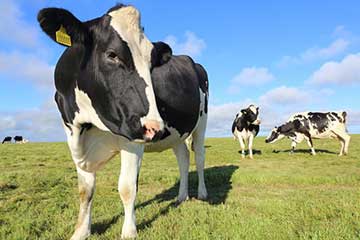
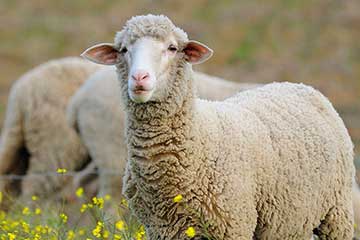
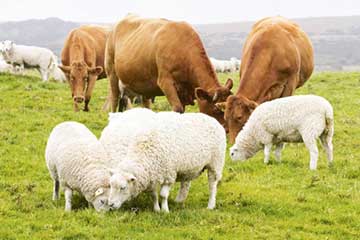
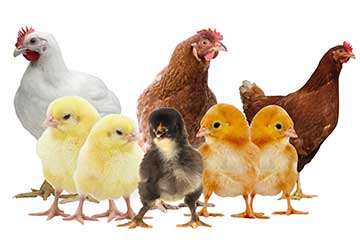
 Product Center
Product Center Get Latest Price
Get Latest Price